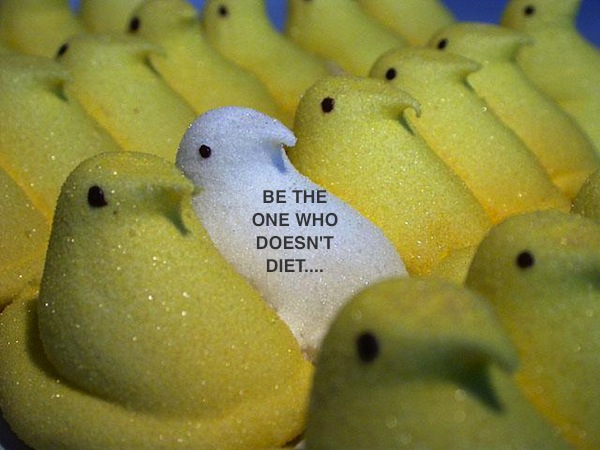 When you’re working out, you need to keep your body from becoming efficient with any one particular routine. It shouldn’t adapt to the exercise, because that causes it to burn fewer calories. Adaptation or bodily efficiency is the primary reason for plateauing. The human body is miraculous. After moving the same way repeatedly, your body learns the most efficient way of doing the exercise, burning fewer calories. It’s a great help for anyone doing physical labor that requires repetitive movements, but for those trying to shed extra pounds, it hinders progress.
When you’re working out, you need to keep your body from becoming efficient with any one particular routine. It shouldn’t adapt to the exercise, because that causes it to burn fewer calories. Adaptation or bodily efficiency is the primary reason for plateauing. The human body is miraculous. After moving the same way repeatedly, your body learns the most efficient way of doing the exercise, burning fewer calories. It’s a great help for anyone doing physical labor that requires repetitive movements, but for those trying to shed extra pounds, it hinders progress.
The adaptation means you’re getting fitter.
There are two types of changes, the immediate and the long term. The immediate changes includes things like increased heart rate and breathing rate. As you cool down after an exercise, these also go back to normal. The long term or chronic changes are what make you fitter, such as the development of muscle tissue, increased lung function and improvement in resting and exercising heart rate. Those are some of the reasons you exercise. You also burn more calories while your body is adapting, but once it reaches optimal performance, the changes slow.
Adaptation accounts for slower metabolism.
If you’ve ever gone on a super low calorie diet, or have fasted, only to start eating again and pack on more weight than you lost, you’ve probably put your body into starvation mode. Starvation mode was what kept early man alive when food was hard to find. It produces a slower metabolism rate and causes your body to burn fewer calories for the same amount of effort. That’s why eating healthy and not dieting can help you shed pounds faster than starving yourself.
Start a program of healthy eating combined with exercise and you’ll be doing your body a favor.
When you exercise, you’re aiming for more than just weight loss, although it is a motivating factor for many. You’re helping your body make changes that will make it healthier and help you live longer with less risk of serious conditions, such as high blood pressure, diabetes and osteoporosis. You’re also building muscle tissue and burning fat tissue that makes you look thinner and fitter. To shed excess pounds, you need to lower your caloric intake, but not by denying yourself food or nutrients. That’s where a healthy diet comes into play.
As you get fitter, uping the workload on your body, keeps it burning more calories and helps avoid adaptation that can cause plateauing.
Learning new skills for fitness, not only helps you avoid plateauing, but also keeps you more focused and takes you to another level of fitness.
A good fitness program increases the workload and changes incrementally so you’ll always be working toward a challenging goal.
You’ll not only notice changes in your body, you’ll notice mental changes too. You’ll be happier and more alert after eating healthier and exercising regularly.